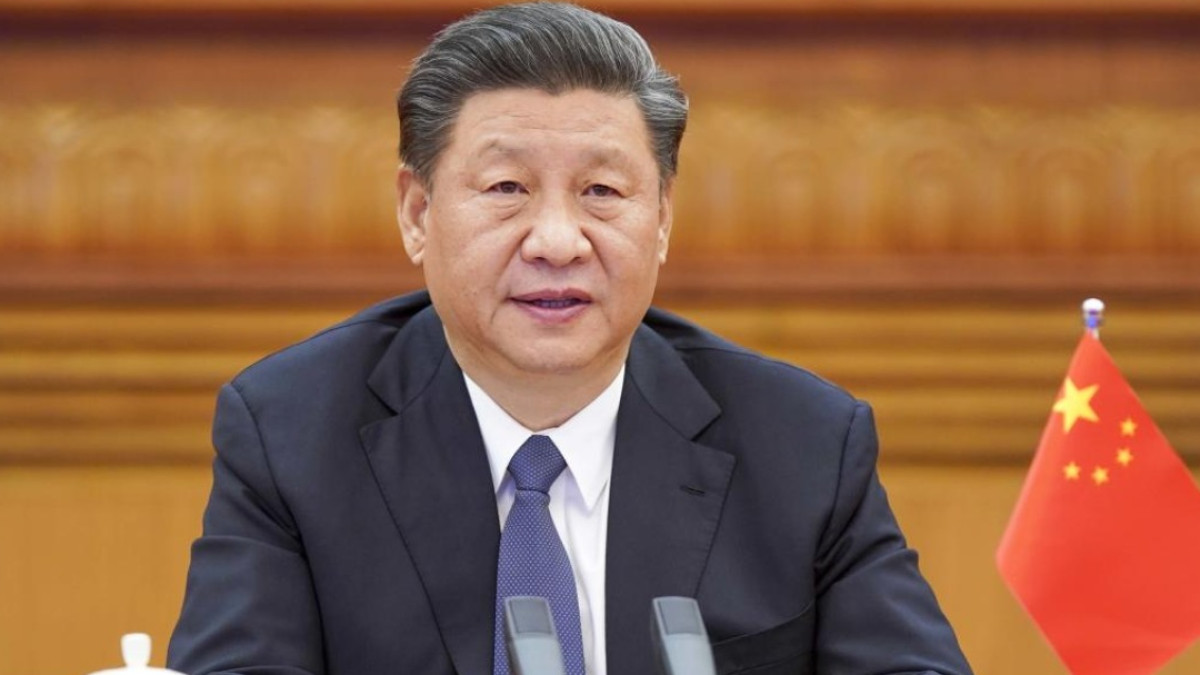One of the key conclusions from the Communist Party of China’s (20th) Party Congress, where President Xi Jinping won reelection to a third term, is Taiwan.
Jinping declared that China will peacefully reunite Taiwan and will not rule out the use of force during his opening statements to the party Congress. According to the Chinese President’s remark, his main agenda item is the unification of Taiwan with China.
A top official in China’s Taiwan Affairs office stated that following Xi Jinping’s remarks, the country is “closer than ever in history” and “more confident and capable than ever of realising rejuvenation.”
China is increasingly “competent and confident,” according to Ma Xiaoguang, the spokesman for the Taiwan Affairs Office, to realise the total reunification of the country. His assertion suggests that China is probably getting ready for an impending invasion of Taiwan.
“We’re also closer than ever in history and more confident and capable of realising the complete reunification of the motherland,” Ma Xiaoguang said.
Meanwhile, Shen Ming-Shih, Director of National Security Research at the Institute of National Defense and Security Research, a Taiwanese think tank, said that the personnel changes indicate that Xi Jinping is “losing patience” over Taiwan and is working on a “tough Taiwan strategy that does not care about the deterioration of cross-strait relations.”
According to a report by Geo-politik, 15 of the 24 members of the Communist Party’s Politburo have some connection to the island. Some of them oversee cross-straits business relationships or are a part of the Army, which may someday be tasked with bringing the island back under the Communist Party’s control if it ever formally declares independence.
In 2012, Cai Qi, a member of the Politburo Standing Committee who formerly served as a local politician in Zhejiang, paid a visit to Taiwan. At the time, Cai Qi had urged China to intervene and change its political allegiances in the south of the island that was pushing toward independence.
China has adopted a tougher stance toward Taiwan under Xi Jinping, asserting that the island is a breakaway province that would eventually be “reunified” with the nation.
His remarks have raised the possibility that China is getting ready to invade Taiwan soon. In order to position China at the centre of the global stage, Xi Jinping has prioritised national security and urged the people to join “hands in fight” to overcome challenges.
The US and its Western allies, who retain strategic ambiguity but heightened tensions in August as a result of US House Speaker Nancy Pelosi’s visit to Taiwan, are at odds with Taiwan because of its strong position.







